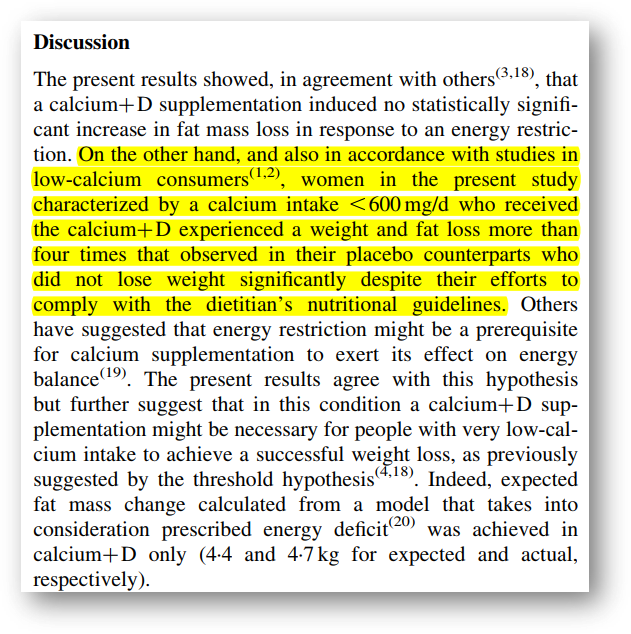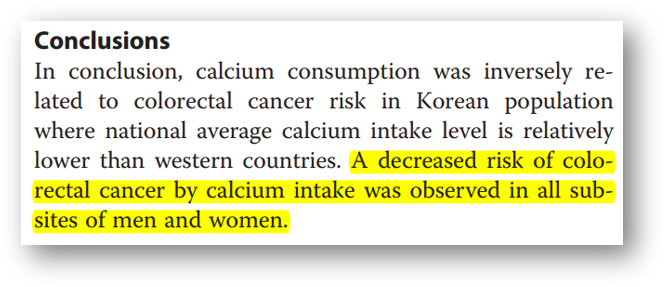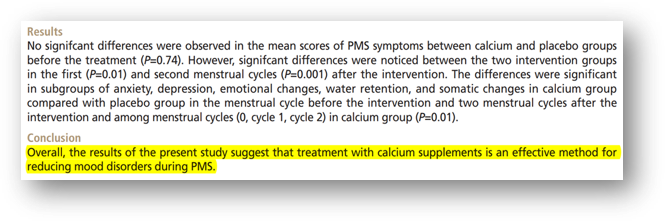Does lack make you fat? 3 Benefits of Calcium
. Reduced incidence of colorectal cancer

Hello, I'm Jinny, a pharmacist.
When it comes to bone health nutrients, many people probably think of calcium. In fact, a lack of calcium in the body not only causes growth retardation in children, but also decreases bone density, increasing the risk of osteoporosis, rickets, and other diseases.
However, since calcium is only known as a bone health nutrient, the benefits of calcium intake vary considerably, such as diet and cancer prevention. Today, we're going to look at three hidden benefits of calcium through research.
Did you know that calcium is related to diet? Calcium allows fatty acids to be excreted in the feces and is known to increase lipid oxidation.
In 2009, a clinical trial of obese women with insufficient calcium intake was published in the British Journal of Nutrition. Studies have shown that calcium and vitamin D supplementation may help with weight and fat loss [1].

"Women with calcium intake below 600 mg/d experienced more than four times the weight and fat loss of calcium and vitamin D compared to the placebo group."
One of the causes of colon cancer is bile acids. This is because eating a lot of animal fats increases the production and secretion of bile acids to digest them, and bacteria in the colon break them down again to produce metabolites and toxic metabolites. Calcium is known to inhibit the toxicity of bile acids freed from the large intestine, and calcium in colorectal epithelial cells can reduce cancers that promote inflammatory responses.
In this regard, a study was published in 2015 in the renowned journal BMC CANCER. In the reporting of the study, it was confirmed that calcium intake was correlated with the incidence of colorectal cancer [2].

"The incidence of colorectal cancer was reduced in all men and women who took calcium."
Premenstrual syndrome (PMS) is a condition that occurs repeatedly before menstruation. It manifests itself in a variety of symptoms, including abdominal bloating, anxiety, depression, and fatigue. There is no clear cause of premenstrual syndrome, but it is believed to be caused by hormonal imbalances and serotonin and dopamine deficiencies. Calcium is also involved in the release of serotonin, also known as the "happiness hormone" due to its involvement in feelings of well-being, which can help with mood swings caused by premenstrual syndrome.
In this regard, a 2017 study reported the effects of oral intake of calcium on PMS symptoms as follows [3]:

"The results of this study suggest that calcium supplementation is an effective way to reduce mood disorders caused by PMS."
Today, we've looked at the benefits of calcium intake. Calcium can cause gastrointestinal disorders such as heartburn and indigestion if taken on an empty stomach, so it is recommended to take it after meals. It is also recommended to take it with vitamin D to increase the absorption of calcium into the body.
I hope you have a healthy day in body and mind. It was Jinny.
[1] Major, G., Alarie, F., Doré, J., & Tremblay, A. (2008). Calcium plus vitamin D supplementation and fat mass loss in female very low-calcium consumers: Potential link with a calcium-specific appetite control. British Journal of Nutrition, 101(5), 659-663.
[2] Han, C., Shin, A., Lee, J., Lee, J., Park, J. W., Oh, J. H., & Kim, J. (2015). Dietary calcium intake and the risk of colorectal cancer: a case control study. BMC Cancer, 15(1).
[3] Shobeiri, F., Araste, F. E., Ebrahimi, R., Jenabi, E., & Nazari, M. (2017). Effect of calcium on premenstrual syndrome: A double-blind randomized clinical trial. Obstetrics & Gynecology Science, 60(1), 100.


![[Calcium Benefits] 3 hidden benefits of calcium that are essential for diet](http://esther-mall.com/cdn/shop/articles/32.jpg?v=1733993146&width=480)

![[Apple cider vinegar benefits] 3 benefits of apple cider vinegar to improve diet efficiency](http://esther-mall.com/cdn/shop/articles/33.jpg?v=1733993412&width=480)